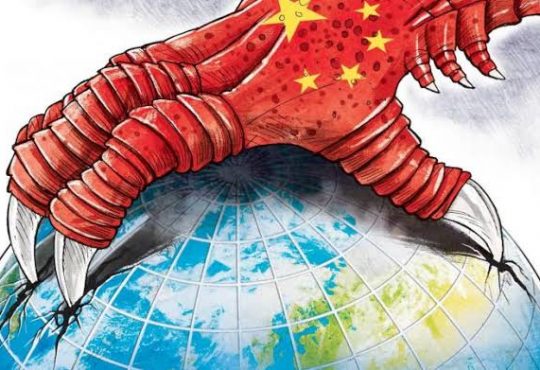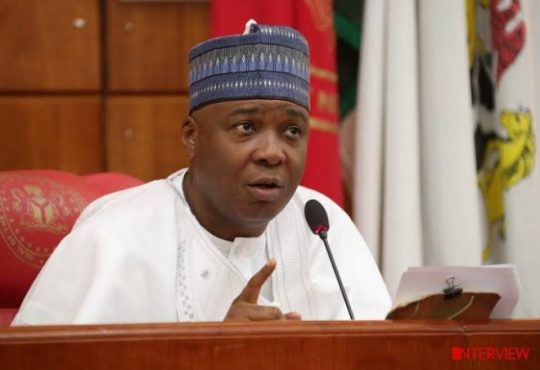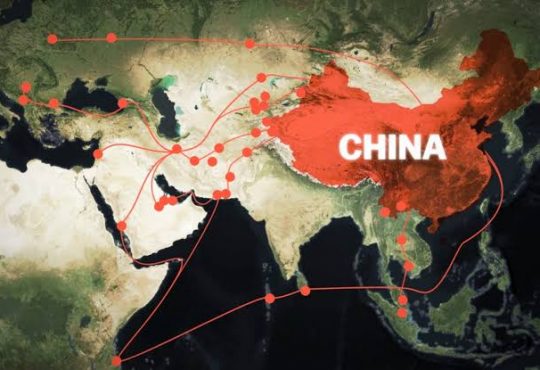
By Lucky Okoedion
Has the use of force against secessionist agitators recently proved to be effective in Nigeria? If yes, what are the implications? Does it mean that the use of force is universally an effective ‘solution’ or does it prove that the agitation and the agitators were not genuine in the first instance?
James Ker-Lindsay opines that “Drawing on the examples of Cyprus and the Turkish Republic of Northern Cyprus (TRNC), Serbia and Kosovo, and Georgia and South Ossetia and Abkhazia, that there are in fact six reasons why states oppose acts of secession. These are: emotional attachment to the territory; internally displaced persons; economic factors; historical and cultural issues; fear of further secession; and national pride.”
But most Southern Nigerians are of the opinion that the case of Nigeria against secessionist groups has nothing to do with considerations for emotional attachment to territory, considerations for internally displaced persons, or any historical or cultural issues. It is all purely for economic factors. The oil and gas rich Niger Delta region in Nigeria practically sustains the nation. It is the general belief that the Niger Delta resources is the food on the table around which other regions sit to constitute the existence of Nigeria. Remove that food from the table, the chairs will be empty immediately. There is also the belief that there is nothing like the sense of national pride except when our sport teams compete in international tournaments.
The idea of a politically and economically united Nigeria is hated by most Nigerians because they feel more comfortable in their identities in their respective ethnic nationalities than in a Nigerian nation that was not their idea in the first place. Hence, Boko Haram fights in the North to have their Islamic state, and other secessionist groups evolve in the South from the background of agitation for resource control or political and economic autonomy.
The question now is, can these agitations ever be “conquered” with this Buhari’s language of force of arms? Is this surprising lack of response from the followers of the detained Nnamdi Kanu and the allegedly murdered ‘Yoruba Nation’ agitators – followers of the now at large Sunday Igboho a proof that the Nigerian state is winning the war against secessionists? Will everyone automatically renounce their perceived injustices? Will the anger automatically disappear? Will those who feel marginalized and cheated suddenly become patriotic out of fear? Can a nation truly be united and great when her citizens feel like they are imprisoned inside it? Or is this a case of the Nigerian state winning the battles but being set up to lose the war ultimately?
Is there any chance that these millions who choose to hide their hatred for Nigeria due to being delt “the language [of force] that they understand” will suddenly become the patriotic members of the Nigerian army willing to die to protect and preserve the nation? Will they become patriotic public servants and political leaders who will put the national interest first to make sure that the system works to make the nation great? Won’t they rather just grudgingly stay and find ways to loot and satisfy their own parochial Interests at the detriment of a nation that they hate and which they believe hates them back? Is Buhari and his handlers really wise to jettison the option of negotiation but go for the use of force?
Lucky Okoedion is a believer of a new Nigeria where true democracy is practiced. He writes from Benin City, Nigeria.







